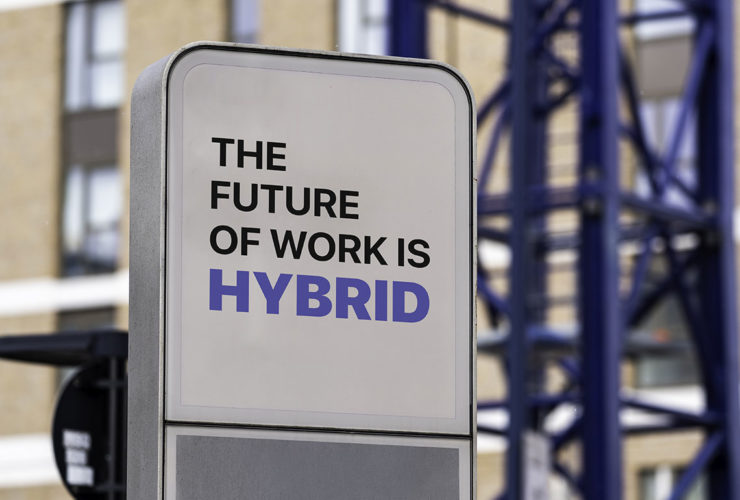The “skills gap”
One of the biggest flaws in the hiring technical talent is the soft skills issue.
What does that mean?
Well, most companies tend to hire for competence — which is logical on face, but competence is short-sighted. Especially with the rise of the tech stack and disruption, business models change (the buzzword is “pivot”) a lot.
You may end up hiring someone with 17 specific skills that you wanted, but two years later, those skills may not reflect the business model you’re currently pursuing.
Second problem of all this: when you hire managers based off competence solely, often times you create a “brilliant jerk” issue. It’s a man or woman who’s very competent in a specific skill set, but they have limited communication skills. This is tied to why employee engagement stats have been in decline for decades.
Reed Hastings has even noted this:

Effective leadership and team-building these days require soft skills, i.e. concepts like effective communication, giving/receiving feedback, empathy, compassion for colleagues, and the like.
But all those elements are hard to track on spreadsheets and subsequently analyze. If we want hiring to be more data-driven and scientific, how can we hire for soft skills? That’s the challenge.
One approach to hiring for soft skills
First, let’s quickly frame the challenge: because most hiring technical talent processes can be low-context with a lot of generic interviews, it’s hard to assess if someone is, say, “a good communicator.” If you ask them, do you think most candidates would say “No, I am not?”
Probably not.
So what now?
First Round Review held a conference for CTOs recently and put together some of their best advice. This stands out:
Institute role plays in your interview process. For every engineering manager role, have the candidate sit with a member of the engineering team and play out a scenario 1:1. It can be about a technical process, a debate about prioritization or giving feedback with both criticism and praise. It’s an effective way to test softer skills and replicate what you’ll get in a ‘real’ situation. Of course, using your engineers’ time like this may seem expensive, but it’s more costly to bring on an engineering leader who doesn’t jive with your team. Plus, after doing it for a few years, you’ll find it becomes a rite of passage and engineers like participating in them.
My advice. Get a clear understanding of the candidate’s depth of experience, level of competency and problem-solving capabilities simultaneously using behavioral based technical interview methods.
Boom.
90,000 reasons this matters
You’re about to dedicate $90,000+ to this person a year. You can’t get this hire wrong. Real-time, real-world situations depend on performing in the technical and soft skill areas of job. Shape your interview process to reflect this reality.
It’s not hard to design situations like the one above. We help companies do this every day. It’s called “interviews as a service,” and you can outsource it — that’s what we do — so that your internal team isn’t tied up doing interviews vetting the skill sets of unqualified candidates while technical projects miss deadlines and exceed budgets.
The caveat
Obviously, for a highly technical role, you want to make sure the technical skills are there along with the soft skills. Technical skills will predict more of a day-to-day, task-to-task success — but soft skills will mean they can work better within teams, across silos, with different styles of managers, etc. Remember that many companies are still in a spot where not every manager fully understands the scope of the IT department’s role.
It takes effective soft skills on your engineering side to manage out what can often become frustrating relationships. So while you need technical skills first, you absolutely need to make sure your tech hires can communicate, work with different styles of people, problem solve with people who may not understand tech vocabulary at all, and the like.
Some other benefits of hiring for soft skills too
If you test for soft skills, and those hires eventually get promoted to lead teams, you’re getting better managers. Better managers almost invariably mean less turnover, which saves you money. Remember: people quit bosses, not usually companies. Better managers also means teams stay together longer, increasing the power of friends at work, and — provided you can avoid groupthink — likely making the team itself more effective.
Bottom line: if we think everything now is “data-driven,” then we need a more formalized process for testing soft skills and collecting data therein.

Bala Nemani
Founder of eTeki and IT Solutions Executive with a passion for getting “candidate to role” fit right 100% of the time.





